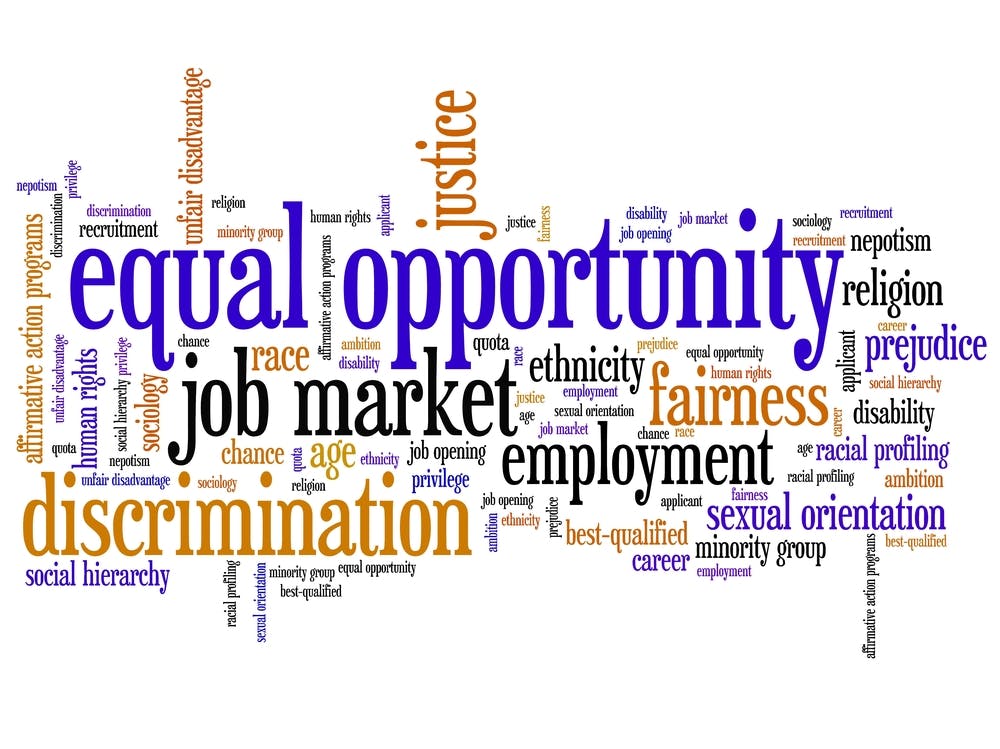In recent years, it has been difficult to predict with certainty what employers can expect from the Equal Employment Opportunity Commission (EEOC). While it is unlikely the agency will dramatically shift gears during the coming fiscal year, the following are some of the anticipated trends for fiscal year 2017.
The EEOC will continue to focus on systemic investigations and related litigation — Despite the new administration, during the coming fiscal year it is unlikely there will be any significant change in the agency’s continued focus on systemic investigations and related litigation. The recently adopted Strategic Enforcement Plan for 2017-2021 clearly shows that the agency will continue to be strategic based on its limited resources. But the EEOC may be even more careful in cases selected for litigation to limit criticism of the agency, which otherwise could have a direct impact on funding and staffing levels.
The EEOC will continue to focus on attacking hiring barriers — The EEOC’s largest pending lawsuits primarily involve “failure-to-hire” claims, including lawsuits alleging discrimination based on race and national origin, gender, and age. We suspect disparate impact claims challenging hiring practices, including the ongoing litigation involving criminal background checks, will continue.
The EEOC will continue to more closely review alternative work arrangements — The EEOC has announced that it will closely monitor various alternative work arrangements for securing workers, such as reliance on staffing firms, independent contractor relationships and other components of the “gig economy.” That said, there certainly is a possibility that any expansion of the EEOC’s view of the employer-employee relationship may be subject to closer review in the new administration.
The EEOC most likely will pay increased attention to particular industries — Based on today’s focus on technology, the EEOC has sent a clear signal that it may more closely review the technology industry. Employers should expect that the EEOC will more closely review technology companies, including both the limited number of minorities in the industry as well as limited opportunities for older workers.
Challenges to unlawful harassment, including systemic harassment, will remain a key priority — There is little doubt that sexual and other forms of harassment in the workplace will continue to be vigorously investigated and create potential legal risks for employers that do not promptly investigate and address harassment in the workplace.
Disability discrimination and related litigation will remain front and center — In recent years, ADA lawsuits have been the most frequent type of lawsuit the agency has filed. In order to minimize risk, employers need to ensure that qualification standards are tied to the essential functions of a job, which an individual can perform with or without reasonable accommodations. Employers must also take care and accommodate disabilities based on fixed leave and attendance policies.
The EEOC will carefully scrutinize pay equity — While the required implementation of the revised EEO-1 form may now be subject to serious question based on the outcome of the election, pay equity will remain an important agency priority. The Commission will also focus on compensation systems and practices that discriminate based on any protected basis, including the intersection of protected bases, under any of the federal antidiscrimination statutes.
Increased attention will be placed on age discrimination claims — Employers also face the risk of broad-based directed investigations under the Age Discrimination in Employment Act. Based on recent EEOC litigation and comments by the agency, certain industries, such as hospitality and technology, are particularly vulnerable to systemic age discrimination claims.
LGBT coverage will continue to be vigorously debated — Based on the lack of clarity in the law, coverage of sexual orientation and gender identify has been one of the most hotly debated issues over the past several years and will continue over the coming year. The EEOC’s current view of extending coverage may be subject to further review, and the courts will continue to wrestle with this issue, since Congress probably will not extend coverage in the immediate future.
Claims involving access to the legal system may be more limited — The EEOC has taken an expansive view of Title VII and challenged practices that it believes interfere with the EEOC’s processes, such arbitration policies and severance agreements. That said, while Democrats hold a 3-2 majority now, a Republican-appointed EEOC Chair coupled with an eventual 3-2 Republican majority on the Commission and a new Republican-appointed General Counsel clearly may shift the direction of the agency away from more novel theories and return to more traditional retaliation theories under Title VII.
